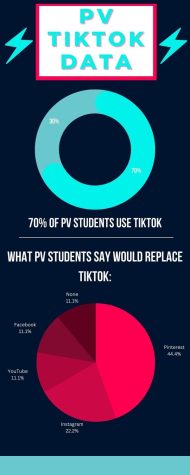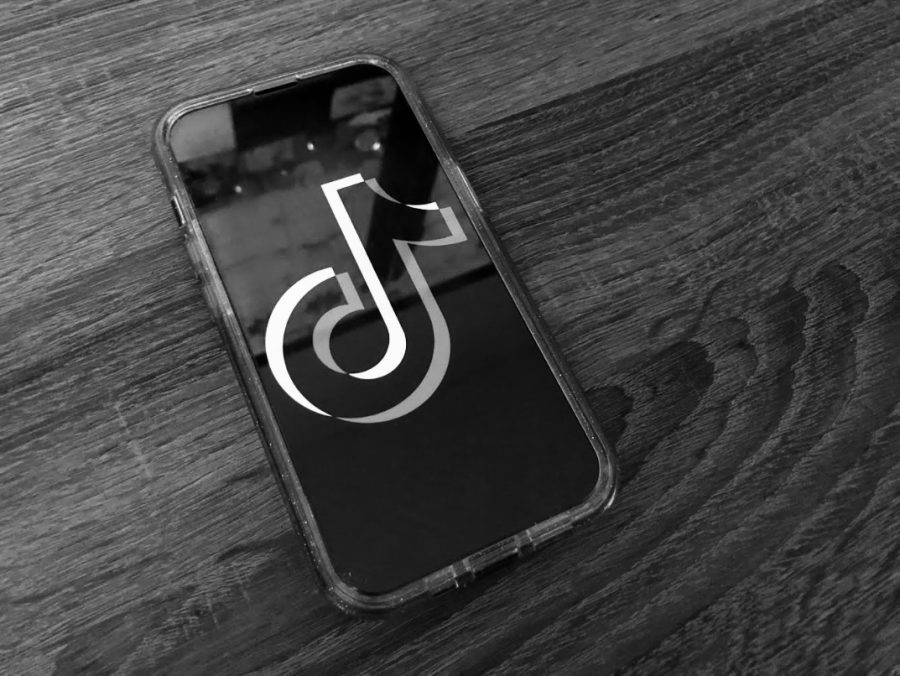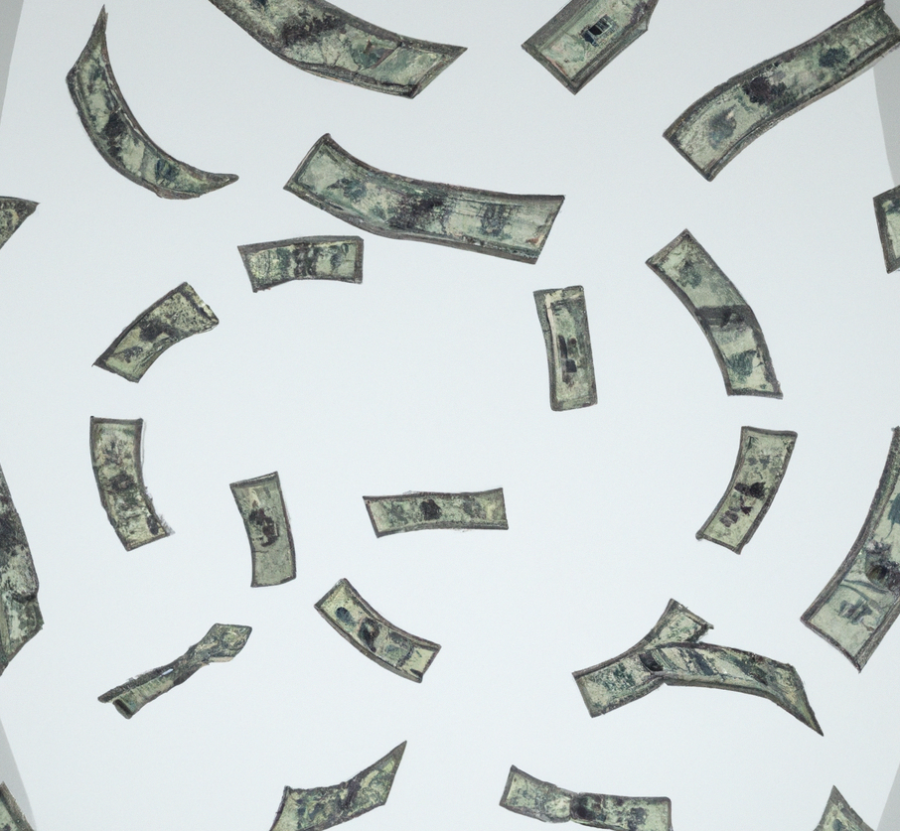The Biden Administration has threatened a nationwide ban of TikTok, the social media platform owned by the Chinese company ByteDance. The government is concerned about the data security of Americans using the app, as TikTok could be used to collect American data. CEO of TikTok Shou Zi Chew recently went before Congress to defend his company, though both sides seemed steadfast in their opinions.
Due to concerns over national security, President Biden issued Chew an ultimatum: he could either sell TikTok to an American owned company, or else TikTok would be banned in the United States. Before Congress, Chew testified that TikTok is completely safe for users of any age and has become a major part of American culture, with 150 million active users in the United States alone. He claimed that TikTok is a platform that helps support small businesses and allows people to connect with one another.
However, the US government is still concerned. Many senators claim that because ByteDance is based in Beijing, China, it could assist the Chinese government in American surveillance.
In addition to this, the senators also questioned the app’s safety in regards to children and teenage users, citing that the app may be unsafe for younger demographics. Representative Kim Schrier from Washington claimed that the app harbors content that may glorify eating disorders, contributing to the rise in disordered eating nationwide.
Chew responded that TikTok worked with Boston Children’s Hospital to propose a 60 minute daily limit for users under 18, though it’s unclear how many teenagers actually adhere to this recommendation. According to a study by TechCrunch, teens spent an average of 91 minutes a day on the app, and with the platform only rising in popularity, it’s incredibly unlikely that this number will decrease any time soon.
However, many TikTok users are upset about the government’s handling of the court hearing, complaining that the government seems to have already made up its mind. Popular TikTok creator Chris Olsen spoke about this in a video, complaining that “they will not let [Chew] speak.” The comment section is filled with like minded users, who say that American companies harvest data in the same manner.
Despitepopular opinion, both sides seem unwilling to compromise, making a nationwide TikTok ban appear more and more likely.
TikTok has already been banned at many public universities and government buildings throughout the country. Government devices and school owned devices no longer run the platform due to security concerns similar to those of the Biden administration. The bans have reached Iowa too, with Governor Kim Reynolds banning the app on government devices on Dec. 13, and the Iowa Board of Regents suggesting that public Iowa universities ban the app from their own devices.

Despite this, many TikTok users are not taking this ban threat seriously. A ban was proposed in 2020 under the Trump administration that left many users concerned that the app would be removed from their devices. However, this plan was never followed through, leading many to believe that this new ban will follow a similar pattern.
This is partly because of the massive influence that TikTok has on American culture. TikTok dominates almost every part of American pop culture, from fashion to books to cooking. There is a side of TikTok for everyone, meaning that the platform has a huge impact on current pop culture trends in almost every facet of life.
TikTok’s control over pop culture even extends into PVHS, as most students in the school use the platform. However, despite their dependence on TikTok, most students say that they have another platform to turn to if TikTok was banned.
And it’s not only pop culture trends. New data from the Pew Research Center shows that nearly a quarter of Americans under 30 cite TikTok as their primary social media news source. With the ban of the app, many Americans would be forced to turn to other platforms to get their information. This could either lead to an overall shift to credible news sources, or people could turn to less reliable platforms.
Senior Abby Mulvania uses TikTok for both news and entertainment. “I use TikTok to get ideas for recipes and artsy type stuff,” she said. “Plus I learn a lot from TikTok and see news on there. If TikTok was banned I feel like I’d be missing out on a lot of that stuff.”
The proposed ban would remove TikTok’s huge influence on American society, but it’s not entirely clear how this ban would be carried out. The most likely option is that the app would simply be removed from the app store, meaning that it couldn’t be downloaded or updated. Eventually, the app would fade to obscurity. However, there is also a harsher alternative. It’s possible that anyone caught using TikTok would be fined, but this would hinge on the TikTok software being categorized as a threat to national security.
Because of TikTok’s extensive reach, some lawmakers believe that this debate has become too politicized. During the proposed ban under the Trump administration, Senator Richard Blumenthal cited his concern that banning TikTok won’t actually solve the real problem. “TikTok is a potential security menace, but banning TikTok hardly confronts the profound threat China poses to our national security, economy, and democracy,” he said.
TikTok representatives involved with the current proposed ban agree with Blumenthal’s stance, including TikTok spokesperson Maureen Shanahan. “A change in ownership would not impose any new restrictions on data flows or access. The best way to address concerns about national security is with the transparent, US-based protection of US user data and systems, with robust third-party monitoring, vetting, and verification, which we are already implementing,” she said.
Whether TikTok will actually be banned in the United States remains unclear, but either way, this debate offers an opportunity for the American people to engage in discourse about both diplomacy efforts and data security. When a popular social media app comes under fire, people take notice.






